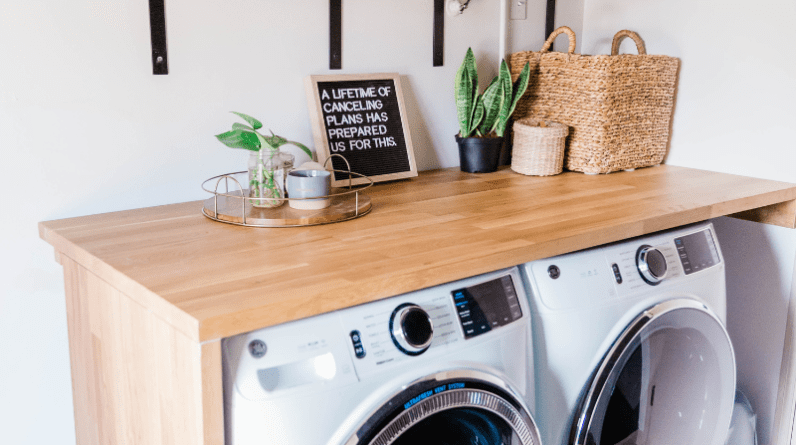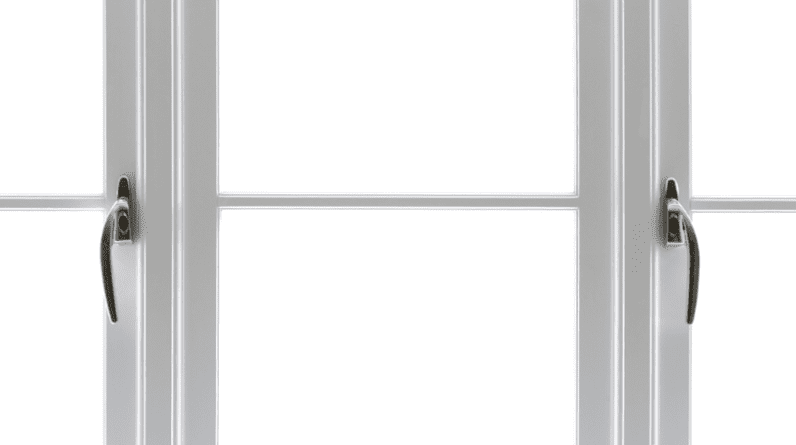
The Rising Trend of Garage Conversion: Redefining Business and Artistry at Home
In the modern age of remote work and self-employment, the need for a dedicated, personal workspace is more prominent than ever. Out of this necessity, a new trend has surfaced that is redefining the concept of home offices and personal studios: garage conversion.
Garage conversion refers to the transformation of a traditional home garage into a functional workspace. These spaces can serve a variety of purposes, from housing fledgling startups to creating a sanctuary for artists and craftspeople. As a tangible embodiment of the entrepreneurial spirit, the converted garage has quickly become a symbol of independence and innovation.
The genesis of this trend can be traced back to the seismic shift in work-life dynamics brought on by the pandemic. As the world grappled with a new reality, people started exploring alternative ways to carry out their professional activities without leaving their homes. At the same time, the rise of remote work led to a re-evaluation of the value of underutilized spaces, most notably, the garage.
The garage’s unique position – detached from the main living area, yet still part of the home – lends itself well to this transformation. Its ample space, inherent privacy, and potential for customization make it an ideal candidate for those looking to create a dedicated workspace or a creative studio.
From the digital nomads running tech startups from their garage offices, to artists sculpting, painting, or crafting music in their new-found studios, stories of successful garage conversions have started to populate mainstream media. These inspiring tales serve not only as proof of the viability of this venture but also motivate others to reimagine the potential of their own spaces.
While the garage conversion trend has its roots in practical necessity, it has evolved into a larger movement, reshaping how we think about work, creativity, and the spaces we inhabit. This article explores the ins and outs of garage conversions for home-based businesses and studios, offering guidance, inspiration, and practical advice for those ready to join the revolution.
Reimagining the Garage: The Blueprint for Transformation
If you find yourself inspired by this trend and are considering the transformation of your garage into a workspace or studio, the first step is assessing the suitability of your garage for such a conversion. This assessment should take into account the space available, natural and artificial lighting, noise levels, and even local zoning laws.
Key to the success of your garage conversion is planning. Start by defining the specific requirements of your workspace. For instance, a software development startup may require multiple power outlets, high-speed internet, and dedicated areas for individual and group work. A pottery studio, on the other hand, may require sturdy worktables, ample storage, and a kiln. Define your needs based on your business or artistry, ensuring your converted space is functional and inspiring.
However, it’s not all about work. One must not overlook the importance of comfort and the balance between work and home life. Your garage, after all, is an extension of your home. Incorporating elements like a comfortable seating area, plants, or personal decor can make the space feel welcoming and enhance your productivity.
Another critical aspect is cost. On the face of it, converting a garage may seem like an expensive endeavor. However, when compared to the costs associated with renting a commercial workspace or studio, a one-time investment in a garage conversion can prove to be quite cost-effective. A detailed budget should be part of your planning process, including the potential need for professional help such as architects or interior designers.
Finally, it’s essential to consider any potential legal constraints. Depending on your location, there may be zoning laws or homeowners’ association rules that could affect your ability to convert your garage into a workspace or studio. Doing the due diligence before you start can save you time, money, and frustration in the long run.
Through careful planning and consideration of these factors, you can transform your underutilized garage into a vibrant hub for your business or creative endeavors. By unlocking the potential of this overlooked space, you are not just creating a new workspace; you’re shaping a new way of life.
Crafting Your Space: Practical Tips for a Successful Conversion
While planning is crucial, executing that plan to create a space that fosters productivity, creativity, and the delicate balance of work and home life is equally important. In this section, we delve into practical tips and best practices for transforming your garage into your dream workspace or studio.
To start with, let’s consider some real-life examples. Melissa, a self-taught jewelry designer, converted her dimly lit garage into a radiant studio filled with natural light by adding skylights and installing larger windows. She used wall-mounted pegboards to organize her tools, creating a functional and clutter-free workspace.
Meanwhile, Mike, a tech entrepreneur, built an insulated soundproof cubicle within his garage for his remote team meetings, ensuring his business operations didn’t disturb his family life. Each garage conversion story is unique, reflecting the specific needs and personal style of its creator.
Here are some practical tips to keep in mind for a successful conversion:
- Design: An effective design maximizes the available space and accommodates your needs. Consider factors like workflow, storage, and the need for individual and collaborative areas.
- Lighting: Natural light promotes wellbeing and productivity. Where possible, consider installing larger windows or skylights. For artificial lighting, choose fixtures that reduce eye strain and create a pleasant ambiance.
- Insulation: Proper insulation is critical for creating a comfortable workspace. Besides maintaining a stable temperature, it can also aid in soundproofing.
- Ventilation: Good airflow is essential, particularly for studios where paints or other chemicals might be used. Install quality windows that can be opened, or consider an air purifier.
- Technology: If your business relies on technology, ensure your garage conversion includes a robust Wi-Fi signal and plenty of outlets for all your devices.
- Personal Touches: This is your space, so make it feel like it. Add personal touches such as artwork, plants, a coffee machine, or anything else that makes the space uniquely yours and encourages creativity and productivity.
In crafting your own space, remember that your converted garage should be an extension of your home, not an afterthought. With careful consideration and a splash of creativity, you can design a space that not only meets your practical needs but also inspires and motivates you every day.

From Garage to Profit: The Real-World Impact of a Home-Based Business or Studio
Once you’ve embarked on the journey of garage conversion and reaped the fruits of your labor, it’s time to consider the real-world impact of your new workspace.
Personal stories from the likes of Jessica, a freelance graphic designer, illuminate the ways in which these transformations can affect work-life balance and productivity. Jessica’s converted garage studio gave her the physical separation needed from her home life, resulting in fewer distractions and increased productivity. Yet, it allowed her the flexibility and comfort of being close to her family, bestowing her with an improved work-life balance.
Not only does a garage conversion benefit you personally, but it also contributes positively to the environment and society. By repurposing an existing space and eliminating commute, you’re reducing your carbon footprint. Plus, home-based businesses can strengthen local economies by keeping money circulating closer to home.
Financially, a home-based business or studio in a converted garage can offer substantial savings. From reducing or eliminating rent and commute expenses to potential tax deductions for home office use, your wallet could feel a lot heavier. Additionally, a well-executed conversion could increase the value of your property.
The broader implications for the future of work and creativity are significant. As more people see the benefits of home-based businesses and studios, we could see a reshaping of traditional work structures and creative practices. The garage, once a storage space for cars and unused household items, has the potential to become a hub of innovation and creativity.
This journey of garage conversion, from its initial planning to enjoying the resulting benefits, is about more than just creating a new workspace. It’s about reimagining our relationship with our homes, our work, and our creative passions. So, whether you’re an entrepreneur dreaming of your own startup or an artist yearning for a personal studio, remember that the key to your aspirations might be sitting in your garage.






